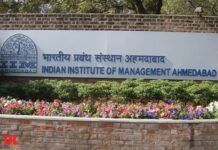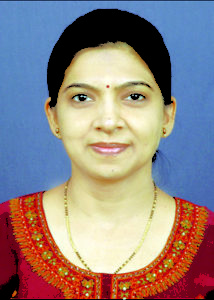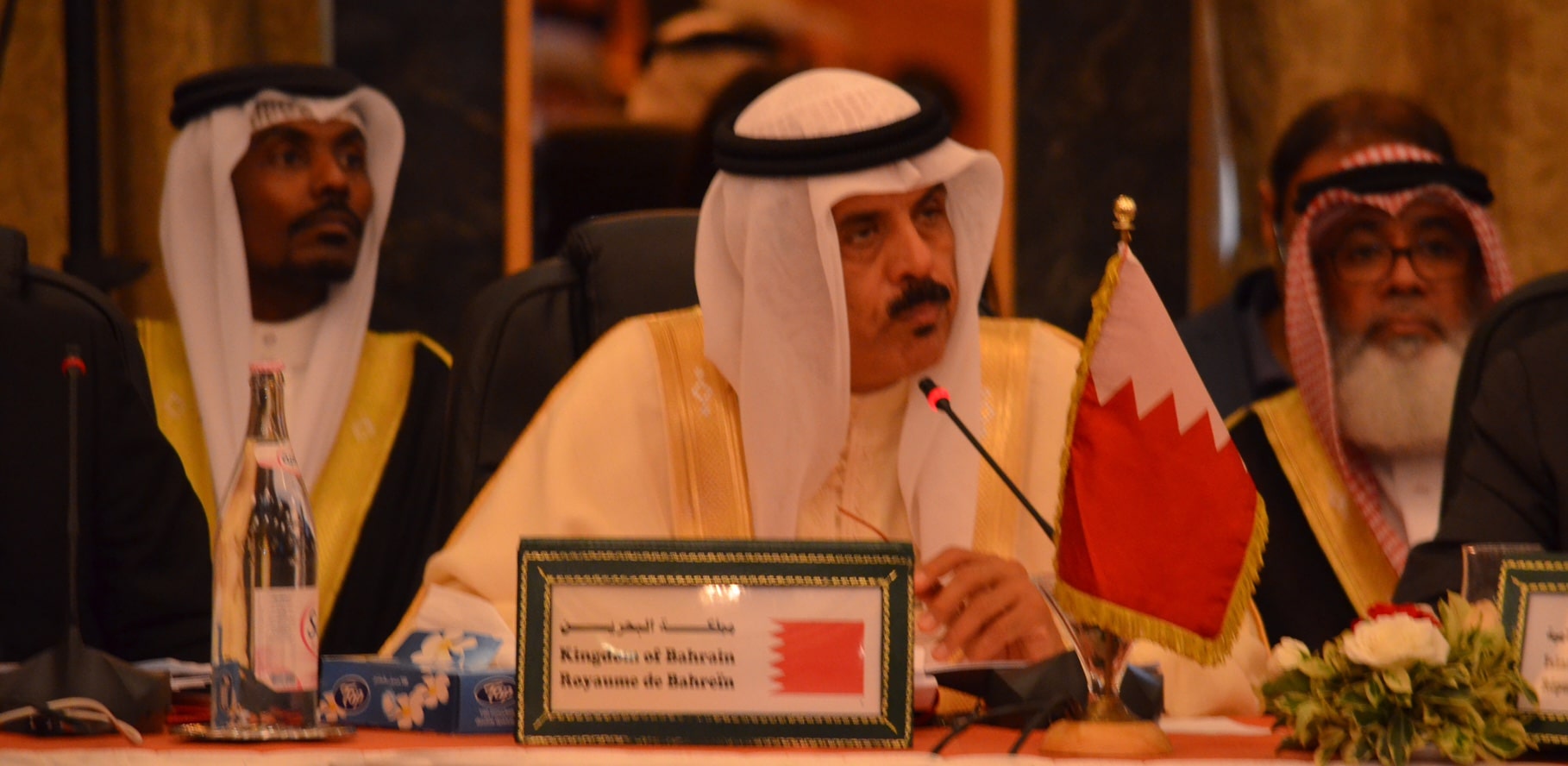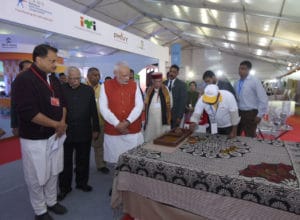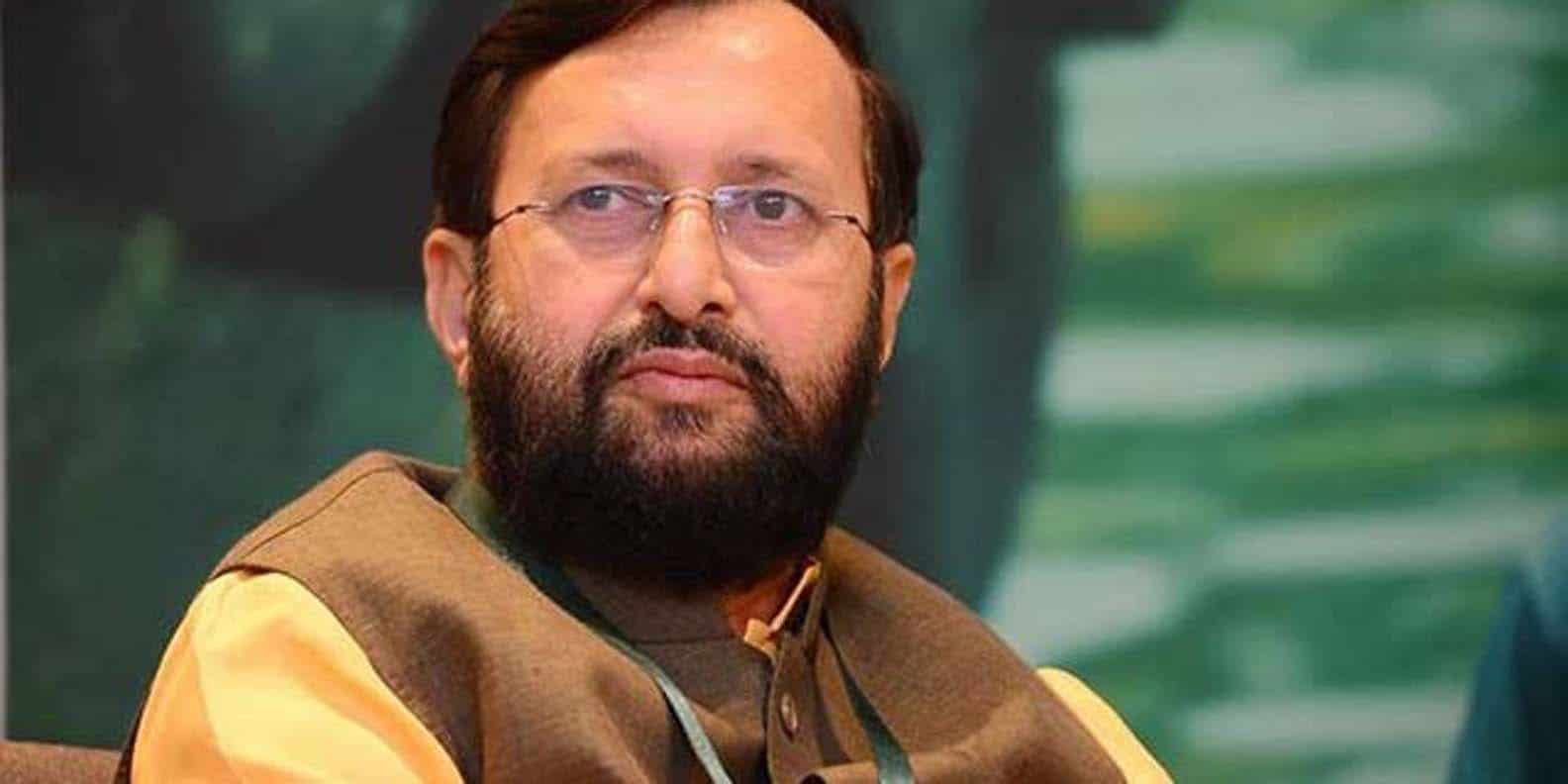The Indian education sector witnessed various ups and downs in 2016, with the Government of India move towards ensuring a new and better education policy hogging the headlines.
Rankings by the Ministry of Human Resource Development (MHRD), appointment of HRD Minister Prakash Javadekar, implementation of National Eligibility cum Entrance Test (NEET), and Bihar Board Scam also created a buzz in education arena.
Some of the news, however, kept the students on the tenterhooks. With the advent of New Year 2017, some of the interesting and important developments of the past year 2016 in education sector are worth a relook.
India Rankings 2016: For the very first time in 2016, the HRD Ministry released the first government-backed ranking of higher education institutions in India. The ministry released the ranking under four categories — engineering, management, pharmacy and universities. National Institute Ranking Framework (NIRF) judged the participating institutions (both public and private) based on the factors like faculty, facilities, publication, sponsored research, consultancy project, graduation outcome etc.
Prakash Javadekar replaces Smriti Irani as HRD Minister: To reinvent the education system, Javadekar was appointed as the HRD Minister, replacing Smriti Irani. It is believed that Javadekar, a former journalist and senior BJP leader, will overhaul the education system of the country avoiding the areas his predecessor waded into.
Expectations are now high from the current minister, as his policies are expected to reform the government education system (especially the schools) along with maintaining the bloom in private education sector.
New National Education Policy: The earlier education policy was framed in 1986 and modified in 1992. Since then several changes have taken place, calling for a revision of the Policy. The Government of India would like to bring out a National Education Policy. It is expected that the new policy will help the changing dynamics of the Indian population’s requirement with concern on quality education, innovation and research and skill development. The government is aiming to make India a knowledge- hub to eliminate the shortage of work force in the industry.
No detention policy: HRD Ministry’s proposal to restrict the no detention policy from Class 5 to Class 8 has been given the go-ahead by the Law Ministry. Reason for restricting the policy was, children are getting indisciplined as they do not have the fear of failing. The cabinet may amend the Right to Education soon to restrict the no detention policy.
Class 10 Board exams revoked: The Central Board of Secondary Education (CBSE) has decided to revoke the Class 10 exam and made it compulsory in affiliated schools of the board. In a decision taken five years ago by the CBSE, students have a choice to opt either for the finals conducted by the board or let the institution assess their performance.
Aadhar card mandatory in entrance exam: For JEE Main 2017, it is mandatory for every aspirant to present their Aadhaar Card for appearing in exam. However, students in states of Jammu & Kashmir, Assam and Meghalaya are exempted from this decision. It is expected that the Aadhaar Card will be made compulsory for more such entrance examinations like NEET.
National Eligibility cum Entrance Test (NEET): The Union Government was planning to introduce NEET for four years. The single admission test for admissions in all medical colleges in India was delayed due to various petitions. Finally, in 2016 NEET was made mandatory by the government. However, NEET’s implementation in a haphazard manner affected the students badly. Some of the states also conducted their own medical exam (before the Supreme Court verdict) while some waited for the decision. It compelled CBSE to conduct NEET 2 for those who did not appear in NEET 1.
Bihar board scam: In 2016, a private news channel exposed how even the toppers of Bihar Board (BSEB) Class 12 exam were unable to answer the basic questions. According to Ruby Rai, top scorer from the arts stream, described Political Science as a subject about cooking while pronouncing it as ‘Prodigal Science’. The scam highlighted the poor condition of Bihar’s education.



